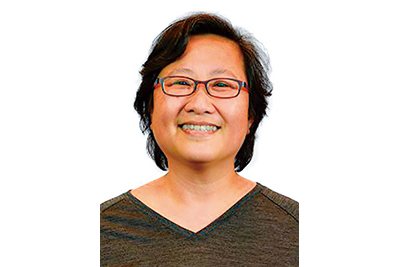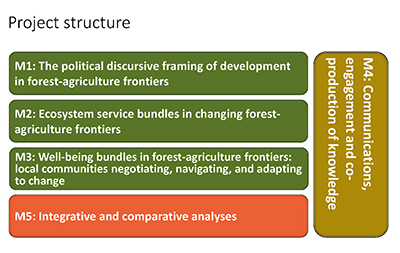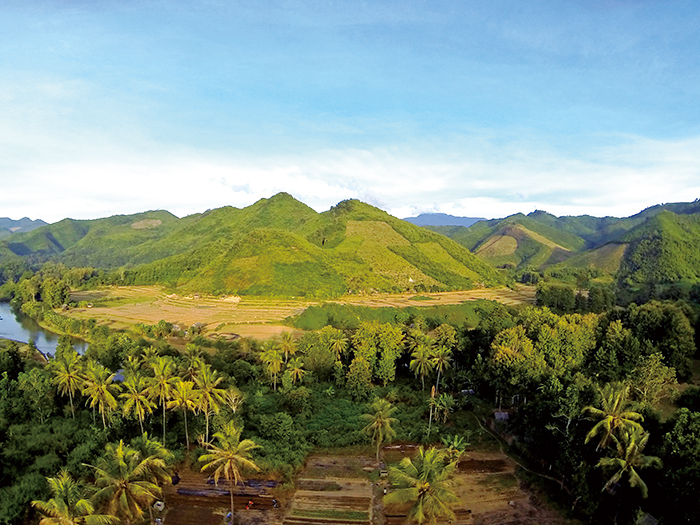Fair for whom? Politics, Power and Precarity in Transformations of Tropical Forest-agriculture Frontiers
- FS1
- PR
- FR①
- FR②
- FR③
- FR④
- FR⑤
2021
 Project Leader
Project LeaderGrace WONG
RIHNGrace Wong is a natural resource economist. Over the past two decades, her research has largely converged on assessing social, economic and ecological trade-offs in changing tropical environments at the interface of development and conservation processes. She has worked extensively throughout Southeast Asia and Latin America, and more recently in Sub-Saharan Africa. Her current research is on the politics and governance of forest and ecosystem services in dynamic social-ecological systems, with particular focus on issues of power, gender, intersectionality and equity.
| Researchers at RIHN | |
| Samuel ASSEMBE-MVONDO | Senior Researcher |
| DHIAULHAQ, Ahmad | Senior Researcher |
| Catherine HEPP | Researcher |
| BOON Kia Meng | Researcher |

FairFrontiers project structure
Throughout the tropics, forest-agriculture frontiers dominated by diverse swidden mosaics are being converted to homogenous landscapes of commodity agriculture. Despite being labeled as “development”, smallholders in these landscapes often benefit less than local elites and external investors in frontier transformations, reflecting underlying politics, institutional and power structures around forests and land-use tenures.
FairFrontiers applies inter- and transdisciplinary approaches to ask: whose interests drive transformations of forest-agriculture frontiers, who benefi ts and who is made precarious? What are possible policy options that can deliver ecologically sustainable and socially equitable outcomes?
To address these research questions, the project is organized into 5 modules. The first will carry out critical discursive analyses of the different framings of development in forest-agriculture frontiers; the second and third modules will examine how bundles of ecosystem services and well-being are changing in frontiers; the fourth module will apply transdisciplinary approaches with co-production of knowledge on, and inclusion of diverse and local narratives of sustainable futures; and the fifth module will carry out integrative and comparative analyses across modules, scales and countries (see Project Structure). The analytical framework is built on theories of power and everyday politics, social and environmental justice and ecosystem services. Together, these approaches support the advancement of theory and methods for assessing equity, ecosystem services and wellbeing, and identification of the enabling and hindering conditions for more equitable and sustainable development pathways for the millions of people who still depend on these diverse landscapes for their wellbeing.

Forest-agriculture frontier in Laos.
